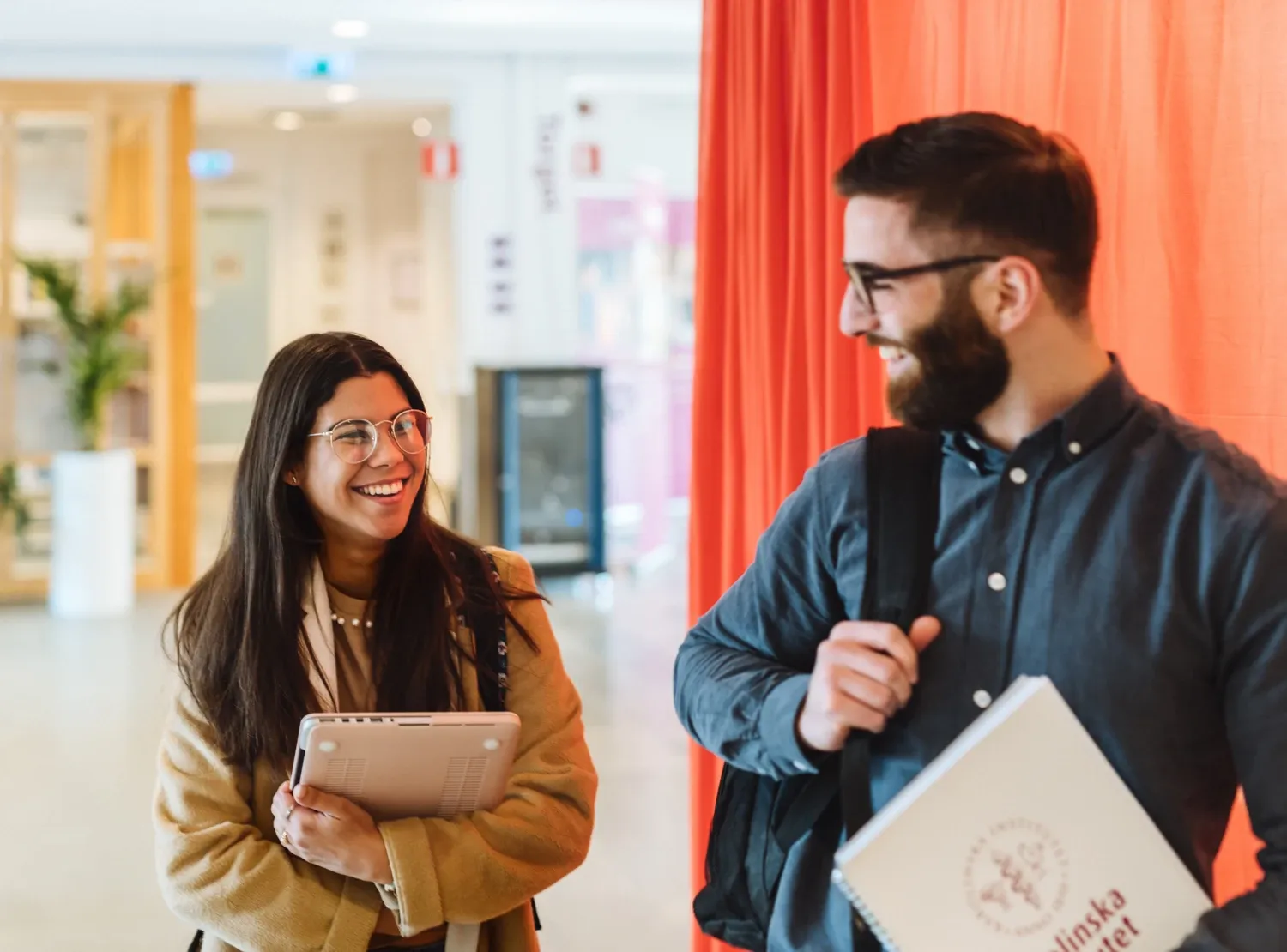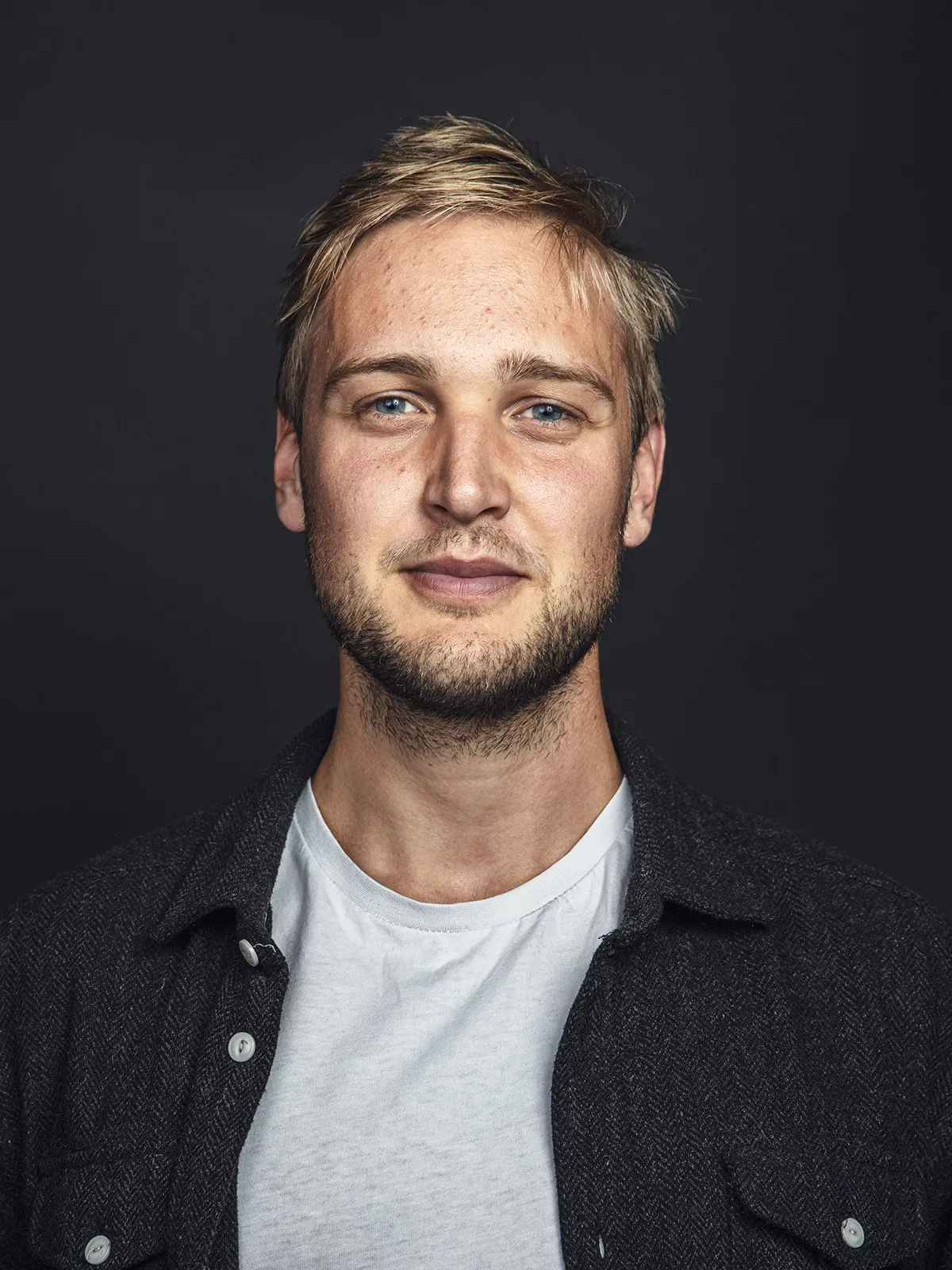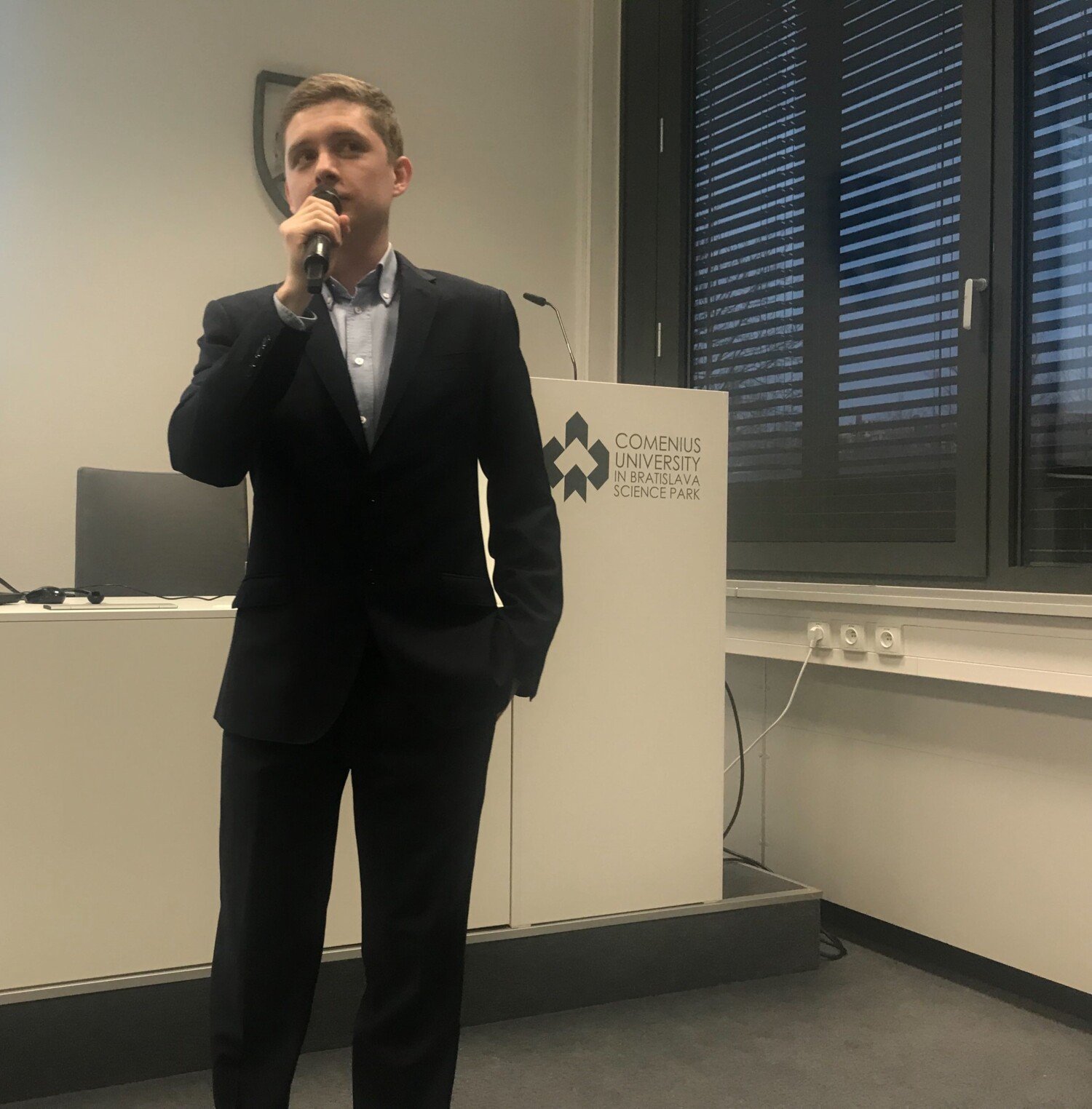About the programme
Do you envision yourself working in the life science sector in the future? As a student in the Master's Programme in Bioentrepreneurship, you will gain a solid foundation for leading the development and management of projects and companies in the life sciences. At the programme's core lies a comprehensive understanding of the life science sector, encompassing areas such as drug development, biotechnology, diagnostics, and medical technology, all aimed at advancing human health.
A key feature of the programme is the mix of theoretical insights and hands-on experience in the outside world. All courses are tailored to the specific conditions that prevail in the life science sector. You will undertake two work-integrated courses at companies or organisations, in Sweden or abroad. These courses allow you to apply your theoretical knowledge in a real-world setting, further refining your skills and expanding your professional network. In these integration courses, you apply what you have learned to create value for you and the hosting company. Additionally, the degree project is usually performed in a company setting. Many of the lecturers throughout the programme are experienced researchers or life science business leaders who share their knowledge and experience and act as inspiration.
The programme is interdisciplinary, and some courses are offered in collaboration with our partner schools in Stockholm: the Royal Institute of Technology and the Stockholm School of Entrepreneurship.
Together, these experiences will give you valuable insights into the life science sector and a head start for your future career.










